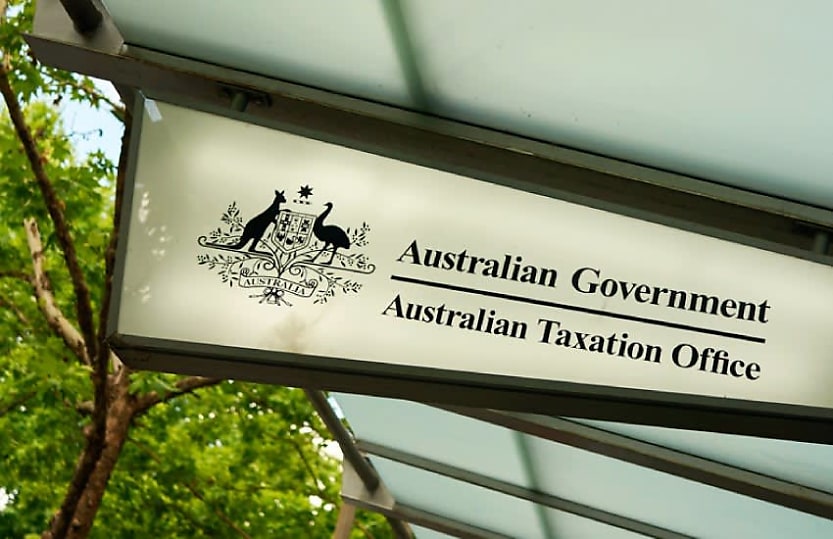Lendlease chair steps down amid ATO tax stoush

Lendlease chair, Michael Ullmer is expected to step down following a $112.1 million tax reassessment, claims of the company “double-dipping” in tax deductions, plummeting stocks, and disgruntled investors.
Plummeting investor confidence and a tax reassessment that will see the firm pay an additional $112.1 million to the ATO will serve as the backdrop to the exit of Lendlease chairman Michael Ullmer.
Before joining the Lendlease board in 2011, Ullmer was a partner at KPMG and Coopers & Lybrand, before serving as deputy group CEO at National Australia Bank.
The news, which was first broken by The Australian Financial Review, was revealed by sources familiar with Lendlease’s plans to release an update market strategy following investor fallout. It has yet to be confirmed by the company.
Lendlease said it plans to dispute the ATO’s amended assessment issued in relation to the partial sale of its Retirement Living business in the 2018 financial year.
According to an ASX announcement released by Lendlease, the amended assessment is mostly made up of capital gains tax in relation to the “one-off event” of exiting the trust as well as tax from the sale of units in the trust and interest debts.
The dispute concerns liabilities included in the tax cost base when calculating the gain on the partial sale of the business.
Lendlease claimed it had included the value of liabilities for which they assumed responsibility for at the time of the purchase of the relevant assets which it believed was “consistent with the ATO’s tax ruling on the retirement living industry.”
In response the ATO held that certain liabilities “assumed” by Lendlease ought to be excluded from the tax base when calculating the gain. Lendlease said the adjustments “do not relate to deductions claimed by Lendlease.”
According to the company’s ASX statement, it “proactively contacted” the ATO to review the tax treatment used in the 2018 sale eight months before submitting its tax return and also sought independent advice.
“Lendlease is confident of its position and will dispute the amended assessment,” it said.
Within hours of the ASX statement being released, the company’s share price fell by 3.8 per cent by 10:15am. On Friday, the markets closed at a $6.13 price per share, roughly a third of its November, 2019 high of $19.58.
Since the 2018 sale, Lendlease has sold two further tranches of the units in the trust worth 50 per cent of the overall trust.
While the ATO has not issued amended assessments in relation to those subsequent sales, the firm noted that the ATO could issue further amended assessments worth $50 million should it apply the same treatment as to the initial sale.
Before joining the Lendlease board in 2011, Ullman was a partner at KPMG and Coopers & Lybrand, before serving as deputy group CEO at National Australia Bank.
The ATO dispute is hardly the first controversy caused by Lendlease’s retirement acquisitions.
Anthony Watson, former partner at PwC-owned tax advisory firm, Greenwoods & Herbert Smith Freehills took to the press over claims he was forced out of his role for alleging his firm’s largest partner, Lendlease, had incorrectly claimed hundreds of millions in tax deductions relating to its retirement village acquisitions.
He alleged the construction giant had been “double-dipping” over its tax claims on a $1.7 billion purchase of retirement villages.
“It was really just stealing from Australian taxpayers,” he told ABC News, adding he estimated the firm had wrongly obtained up to $300 million under the scheme.
Lendlease denied Watson’s allegations, adding: “We’re confident our tax treatment is consistent with the law and with the ATO’s 2002 tax ruling on the retirement living industry. We lodged our 2018 tax return on that basis and intend to vigorously defend our position, should the ATO not accept it.”
Watson took Lendlease and PwC to the Federal Court in 2022 and tried to make use of whistleblower protections that only took effect in 2019. The court denied the retrospective application of the laws to his case.
Appearing before a recent Senate hearing, Watson called out the financial services industry as a whole, claiming: “Things don’t change. What changes behaviour is the fear that the behaviour will become known. That’s why whistleblowers are so important.
“I suffered the indignation of being punted for calling a rort … Who is accused of wrongdoing is invariably a big corporate. They have deep pockets, and it’s not their money.
“I commenced my case against PwC and Lendlease in April 2022. Here we are, two years later, and we’ve spent millions of dollars on just one thing, which is: which set of whistleblower rules applies?”






